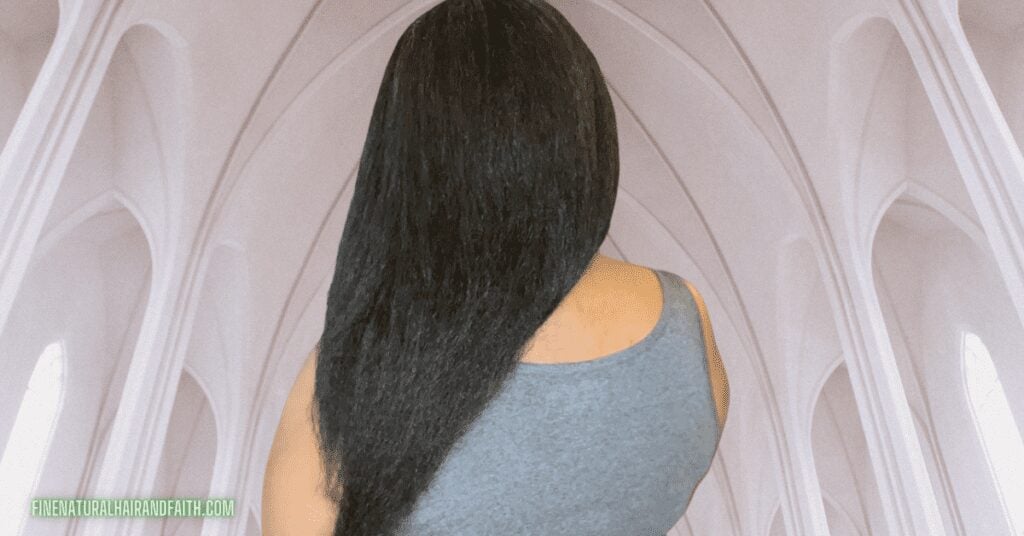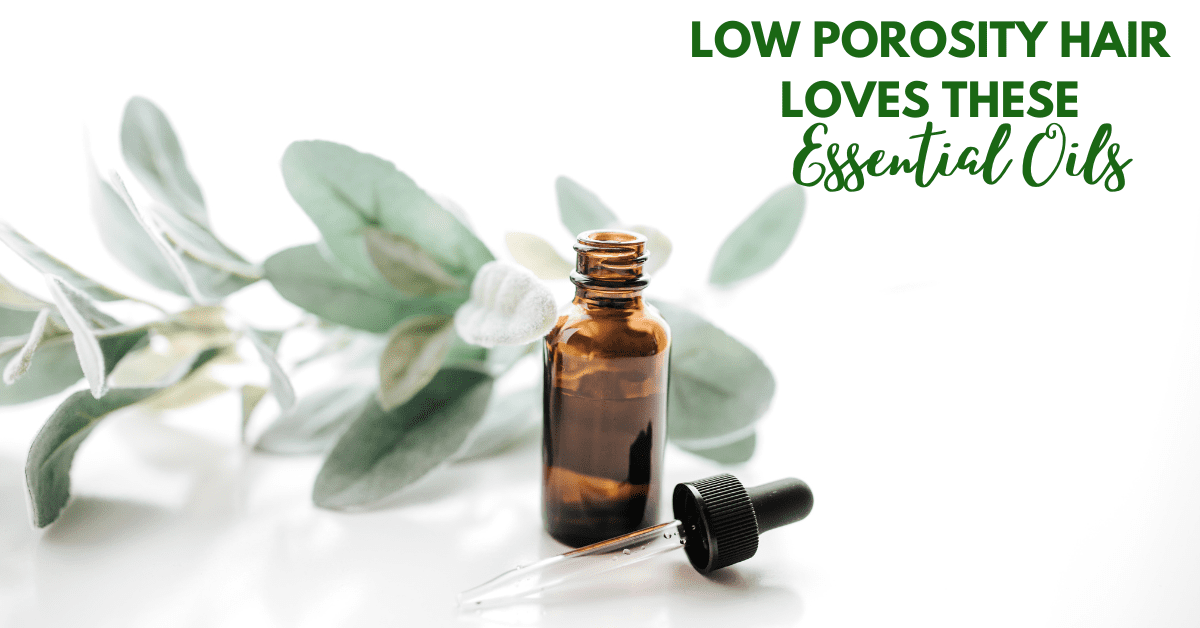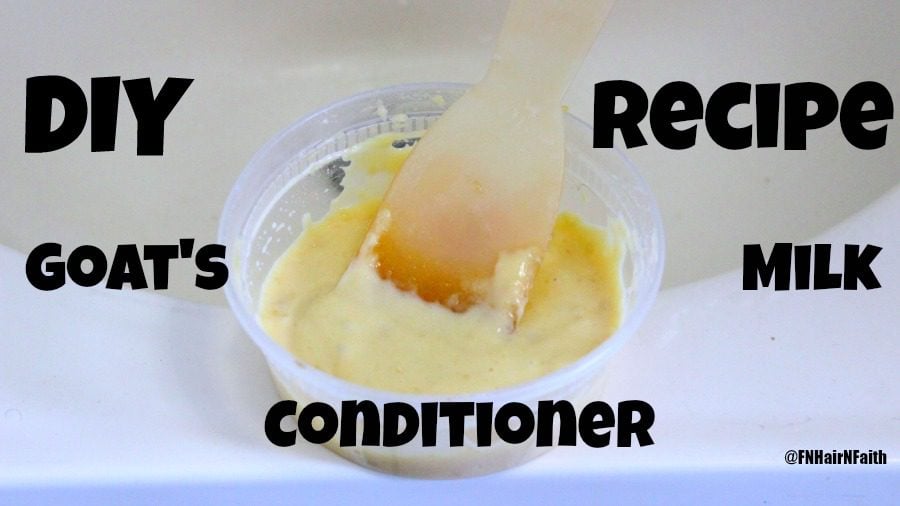Why Use Bamboo Tea for Hair Growth – 5 Real Benefits
Last updated on August 5th, 2024 at 10:39 pm

If you’re frustrated with your hair growth progress, you likely landed on this article looking for a solution. Below you’ll discover a little known way to stimulate that growth – consuming bamboo tea for hair growth. There are 5 solid benefits you can reap from regularly consuming it.
- Bamboo Tea: Overview
- 5 Benefits of Bamboo Tea for Hair Growth
- 3 Ways to Consume Bamboo Tea for Hair Growth
- Why Use Herbal Tea Rinses for Hair Health?
- Why Organic Bamboo Tea?
- Consumption Regimen
- Recommended Brands of Bamboo Tea
- Spotlight On Silica
- Frequently Asked Questions About Bamboo Tea, Extract and the Plant
Bamboo Tea: Overview

Before getting into the benefits and how to of using bamboo tea for hair growth, let’s look a few facts about Bamboo tea:
- Bamboo tea is not the same as bamboo leaf tea. Bamboo tea IS the actual tea leaves processed and cured, resulting in a green tea. The leaf tea is made from bamboo leaves. A slight difference but the words are often used interchangeably.
- The tea is made from the young bamboo leaves of the plant through a process of plucking, washing and sun drying
- The plant is most commonly found in tropical climates
- There’s over 1,000 species of bamboo
- The plant is likely the fastest growing plant on Earth (over an inch per hour!) Imagine if our hair grew that fast!
- When made into a tea, it’s caffeine free
- It’s a great alternative to green tea
- Bamboo tea is rich in the minerals Silica, Calcium, Copper, Iron, Magnesium, Potassium, Selenium, Zinc
- It’s also rich in B Vitamins including pantothenic acid and antioxidants like vitamin C and COQ10 that fight off free radicals

The Bamboo plant has such a rich profile with its high silica content being the biggest influence on growing hair. However, it’s excellent for more than just your hair. It’s nourishment for the environment too. Bamboo releases 35% more oxygen than trees!
Drinking a cup of bamboo tea every day has been shown to provide significant improvements in overall health.
While consuming the bamboo plant in other ways has many health benefits like supporting weight loss and managing digestive issues, this article is more about how it can help with healthy hair growth.
So, let’s take a look at the 5 benefits of consuming bamboo tea that leads to improved hair health.
5 Benefits of Bamboo Tea for Hair Growth

If you’re looking to grow healthy strong hair, something as simple as drinking a cup of tea can do wonders.
Here are the top 5 benefits of bamboo tea for hair growth:
- Bamboo tea is rich in silica. Silica is beneficial for the production of collagen which is necessary to grow healthy hair.
- That same Silica causes your hair to appear shinier
- With regular consumption, bamboo tea helps your hair to grow in healthier by stimulating circulation and strengthening the hair follicles
- Promotes thicker growing hair
- Improves hair elasticity and strength
3 Ways to Consume Bamboo Tea for Hair Growth
With all of those benefits, I hope you are convinced to give bamboo tea a shot at helping you to grow your hair.
There’s three ways you can consume the tea to help you with growing your hair:
- A cup of tea a day (internally) and
- Topically when used as a hair rinse
- Topically when used as a liquid to mix up a DIY hair mask.
While the most common way to consume bamboo tea is by drinking it, you can also use it as a final rinse on wash day or as the liquid needed to mix up a DIY hair mask.
Using Bamboo Tea as a Hair Rinse
Simply, brew a bamboo tea bag in a cup of distilled or filtered hot water for 3-5 minutes like you would if you were drinking it.
Otherwise, if you use the loose tea, add a tablespoon to a tea infuser and steep in hot water.
Then, allow the tea to cool.
To use as a final rinse, once you are done with rinsing out your deep conditioner, pour the cooled tea over your hair. Leave it in and follow with your leave in conditioner. Alternatively, you can rinse it out but why pray tell?!
For Use to Mix Hair Masks
If using it as a liquid to mix up a hair mask, just use it as a substitute for water or other liquid in the recipe.
Because tea rinses are strengthening, if you are concerned about getting strength overload, just cut the mixture with 1/2 bamboo tea and 1/2 water.
Why Use Herbal Tea Rinses for Hair Health?
Tea rinses are powerful for helping to transform the health of your hair. They are strengthening and help to smooth out the hair cuticle. Bamboo tea is known to be mixed with other teas like that from guava leaves. The leaves from the guava fruit are also rich in vitamins like vitamin B and vitamin C.

Check out this organic hair rinse made with organic guava leaves, bamboo tea, distilled water, organic coconut oil, organic aloe vera, and organic neem from Nature’s Ego on Etsy: https://www.etsy.com/listing/632102713/organic-guava-leaves-bamboo-hair-rinse
It has multiple 5 start reviews!
Other benefits of tea rinses for hair include:
- Cuts way back on excess shedding and premature hair loss
- Improves hair texture
- Transforms dull hair into shiny, soft and manageable hair
- Prevents ends from splitting by strengthening the integrity of the hair shaft
- Anti-bacterial and anti-septic properties
When using tea rinses in your hair, limit them to no more than once per week. And, always use organic bamboo tea.
Why Organic Bamboo Tea?
Just like with other herbal teas that you drink, you want to consume them in their organic form because these teas are directly feeding your body, your cells. You don’t want to drink teas containing pesticides which are typically high in teas (and coffees) that aren’t organic in nature.
Consumption Regimen
I used bamboo tea in my hair regimen many years ago before it was popular for hair growth in the natural hair community. The reason I stopped consuming it internally is taste.
While using bamboo tea for hair growth is quite effective, quite honestly it tastes like dirt. Now, some people don’t have issues with it. You could sweeten it with honey but considering that honey will raise the glycemic index, it kind of defeats the purpose if you want to also use it for health reasons.
For this reason, I’d recommend consuming bamboo tea topically. However, if you don’t mind the taste (some brands are much better than others), consider incorporating the tea into your hair regimen as follows:
Daily: Drink one 8 ounce cup of brewed organic bamboo tea before bed
Weekly: Use cooled bamboo tea as a final rinse after washing and deep conditioning your hair. Massage into your scalp.
Recommended Brands of Bamboo Tea
As far as brands go, the most popular brand on the market is Bamboo Leaf Tea. Yes, that’s the brand and the actual product name.
This company is very conscious about sustainability and the environment. Their teas are made from Bamboo grown in Florida without the use of pesticides. Hence, organic so it’s rich in organic silica which is the workhorse of this herbal tea.
Other organic brands to consider include:
- Uncle Lee’s Organic Bamboo Tea – https://www.unclelee.com/store/product_info.php?products_id=532
- Dr. Nettles Organic Bamboo Tea – https://drnettlesbeauty.com/product/organic-bamboo-tea-30-bags/
- Mark Twendell Organic Purple Bamboo Black Tea – https://marktwendell.com/organic-purple-bamboo-black.html
Spotlight On Silica

If you’ve read this far, then you are really interested in what bamboo tea has to offer. I wanted to provide you with more information on the main element responsible for the potency of bamboo tea – Silica.
Silica has so many benefits for not only your hair and skin but also for your health. Our body naturally makes it but not nearly enough. So, supplementation is very beneficial.
Check out how Silica can improve your life:
- It boosts the health of your skin by supporting the production of collagen (also a building block for healthy hair and nails)
- Improves bone density for stronger bones and cartilage
- Rebuilds muscle and strengthens the connective tissue in your body.
- Strengthens the blood circulatory system (otherwise called the cardiovascular system). Super important for delivering oxygen and nutrients throughout the entire body including the arteries, capillaries, heart, and veins.
- Strengthens teeth and gums
- Supports the functioning of the white blood cells in your body. It’s your white blood cells that help your body to fight off infection and disease.
- Helps your body to get rid of aluminum which is toxic to the central nervous system
A high quality bamboo tea product line like Bamboo Leaf Tea packs 350 milligrams or 350,000 micrograms of silica in just one cup.
This is definitely something to consider for improving your overall health, assuming you can stand the taste!
Frequently Asked Questions About Bamboo Tea, Extract and the Plant
- What’s the difference between Bamboo tea and Bamboo extract? The tea is made from the young organic leaves of the bamboo plant. The extract is known as the “juice” (the natural silica) made from the leaves and stalks of the plant.
- What’s better for hair growth, bamboo tea or bamboo extract? Both can be used for hair growth but the extract is a bit more potent, with higher silica levels. It’s also more often used in personal care and beauty products. For example, you can find the extract in an oral care products and supplements. Drinking cups of bamboo tea every day are just an easy way of consumption.
- What other ways can you consume the amount of silica needed from the bamboo plant? The Bamboo plant has edible parts called bamboo shoots which can be eaten like you would eat other vegetables. Eating them has been found to have anti-cancer benefits, improve appetite, digestion and more.






